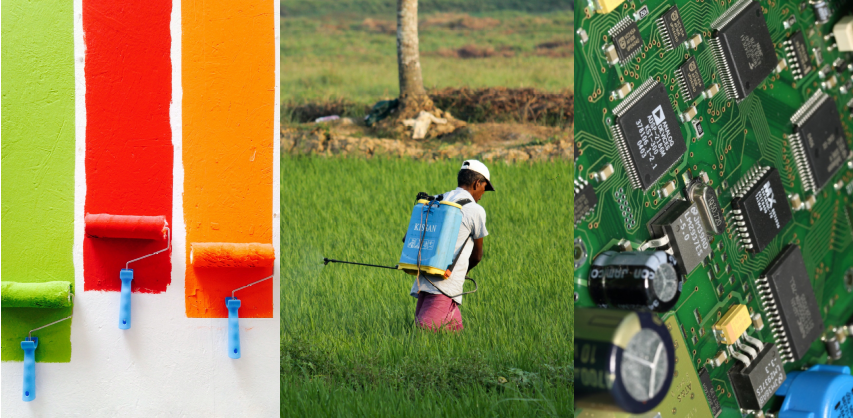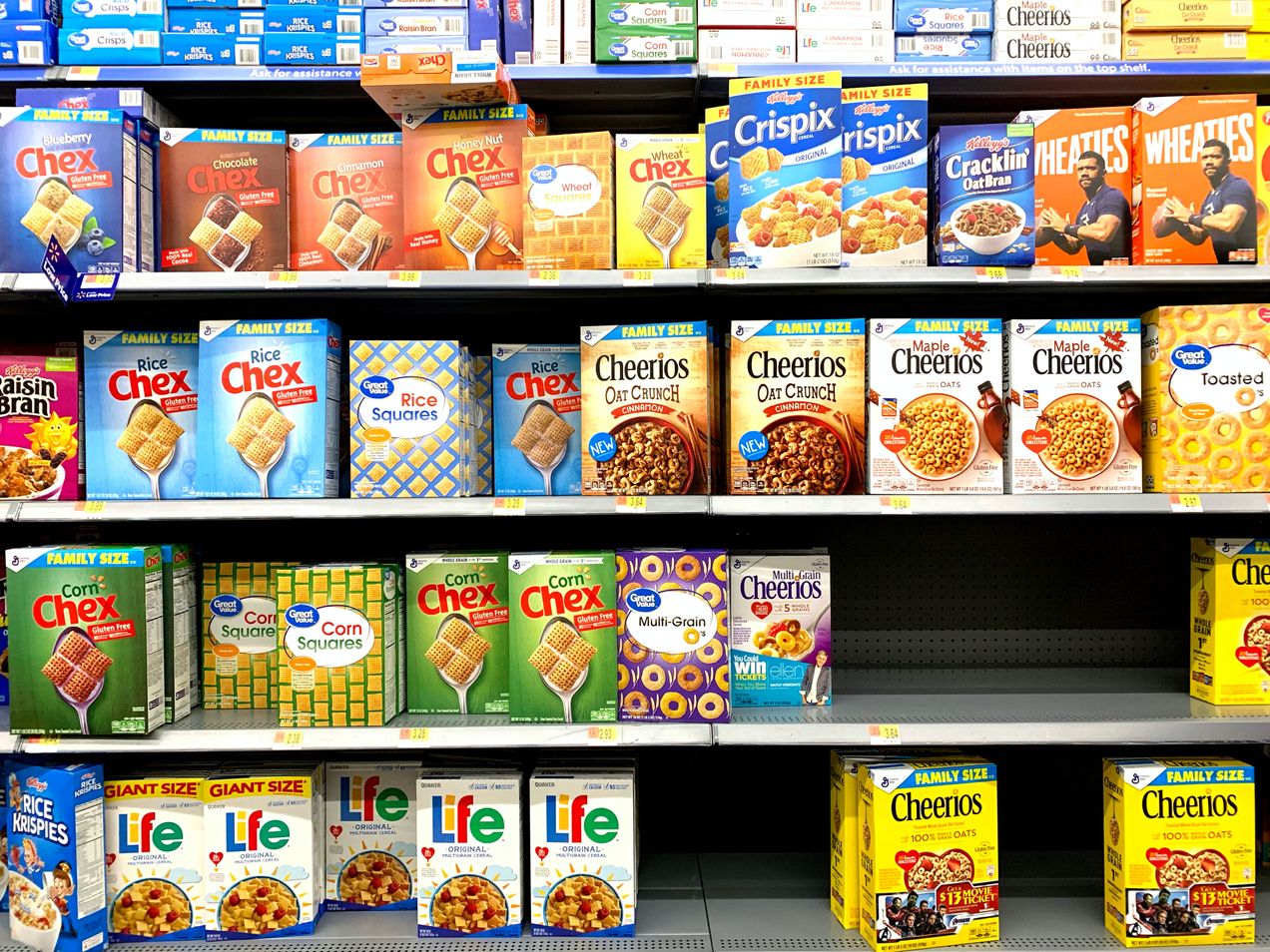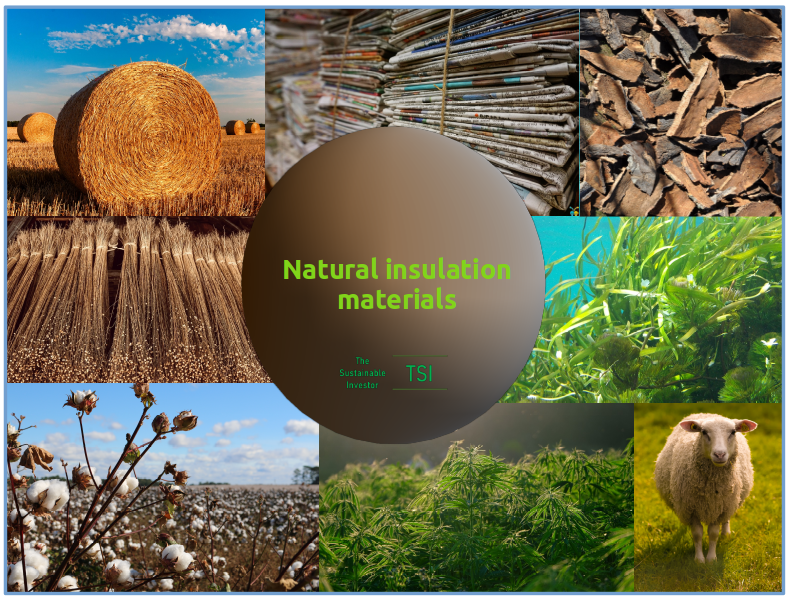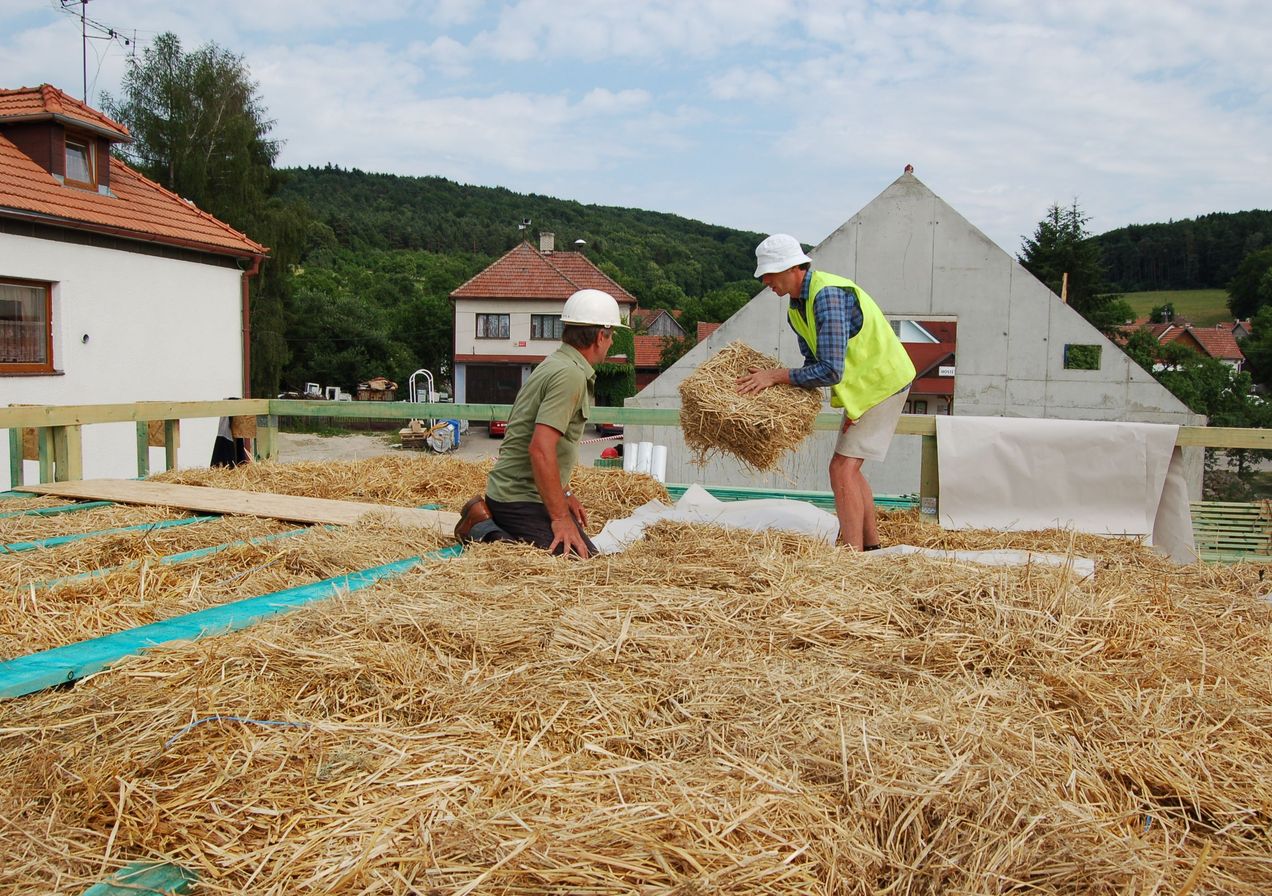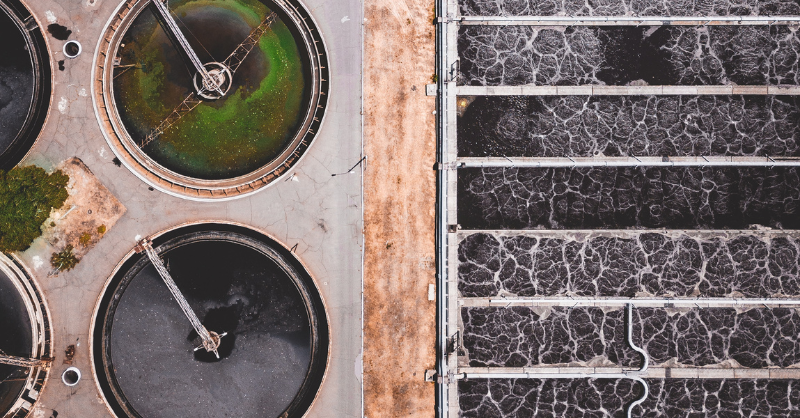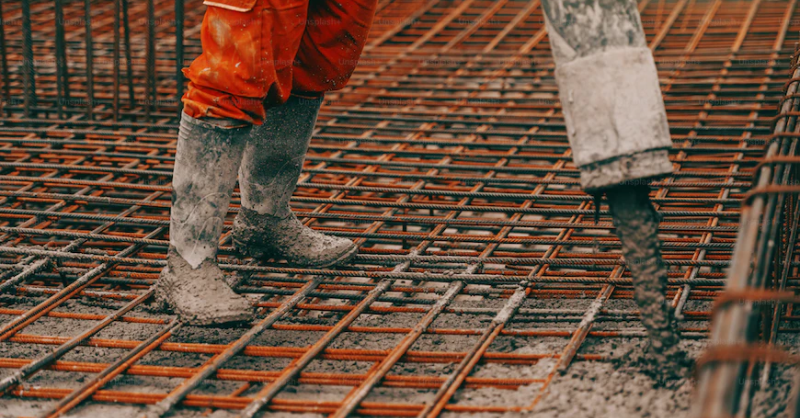Built environment/wellness
Our cities, buildings and man-made environment plus issues around health and wellness
PFAS - paints, pesticides and 'puters.
'Forever chemicals' are facing increasing scrutiny over their potentially harmful impacts on the environment and our health.
Sweden's wooden city
Wood has been used for centuries in construction but when managed appropriately could become key to making the built environment more sustainable.
Is this what transition risk looks like?
We often read about transition risk and stranded assets, but what does this really mean, and how does it get reflected in the financial statements and value of companies? The short answer is - much more slowly than you may think.
Processed foods - from cost advantage to competitive disadvantage
High Fat, salt or sugar content ultra-processed foods have been a major contributor to the growing obesity pandemic. Calls are growing to shift to healthier options.
Living longer - please do take this personally
We all respond to our environment in different ways. The same is true of disease and medication. Personalising health care could prevent and treat issues more effectively.
How do nature's insulation materials compare?
Nature has provided insulating materials in the past, but modern technology could mean a return to the mainstream for a more sustainable option.
Choking hazard - the link between air pollution and health
The drive to lower emissions has been focused on slowing global warming. The impact of emissions - which are really pollutants - on our health is as important.
Nature insulating us from energy inefficiency
Insulation has been used for centuries to slow down the movement of heat in and out of buildings. One or a combination of several materials can be used as insulation. Nature provides some sustainable options.
Why does our sewage end up dumped in our rivers?
Untreated sewage being dumped in our rivers and oceans is moving up the social and political agenda across Europe - nowhere more so than the UK.
Green cement - there are solutions
The production of concrete, or more accurately cement, accounts for between 5-8% of global GHG emissions. This is a similar scale to the GHG emissions of passenger cars. There are solutions - and not all revolve around new technologies.
Everything, everywhere, all at once - holistic approach to healthcare
Shifting our mindset on how we view health and wellbeing could result in us living longer, and in better health.
Air pollution and dementia
As the World population life expectancy increases, more of us are likely to succumb to 'old age' conditions like dementia. There are a number of factors thought to play a part. Is air pollution one of them?
